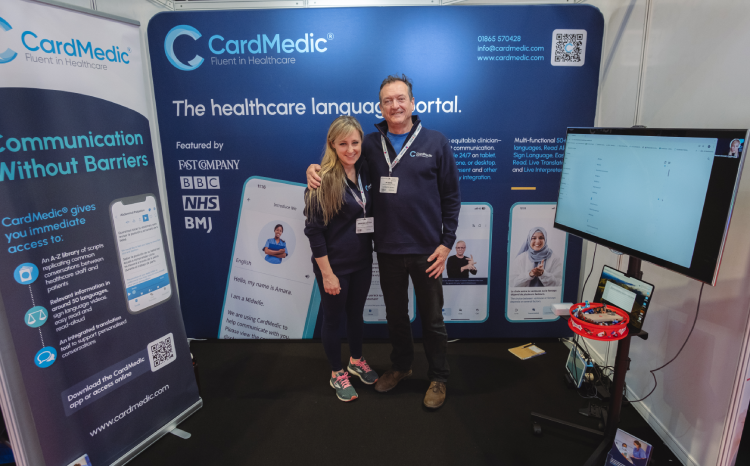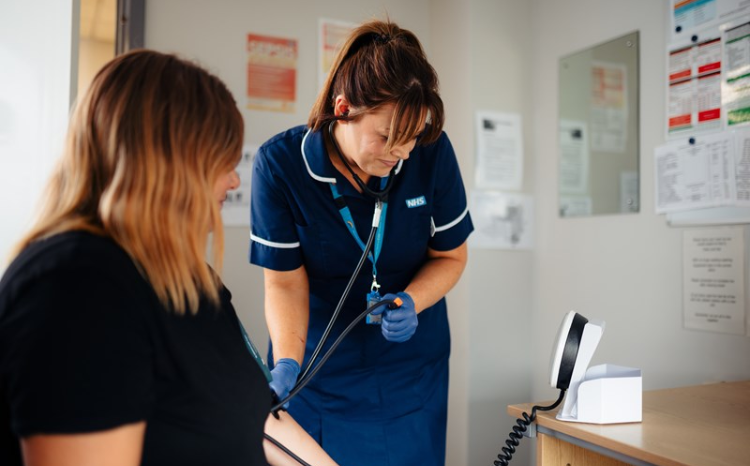Google Deepmind and Imperial in streams deal
- 22 December 2016

Google’s UK artificial intelligence company has announced another partnership with an NHS trust.
DeepMind announced its five-year collaboration with Imperial College Healthcare NHS Trust on Thursday, with the aim to deploy the company’s clinical app, Streams.
Streams, an app that alerts doctors to deteriorating patients, has a previously face criticism over the breadth of patient data it uses to build its algorithms.
Last year, Royal Free London NHS Foundation Trust entered a similar arrangement with Deepmind to develop Streams to help detect acute kidney injuries.
The arrangement was criticised after it was reported that Deepmind had been given access to five years of Royal Free patient data, none of which had given consent. Royal Free said consent was not required as the data was used for direct patient care and still controlled by the trust.
These concerns led to an Information Commissioner Office inquiry into the sharing of patient information between the Royal Free and DeepMind. Earlier this month, a spokesperson confirmed this was still on ongoing.
However, this did not hamper the relationship, with the partnership between company and trust extended to a new five-year deal earlier this month.
The partnership with Imperial is billed on DeepMind’s website as “similar” to Royal Free.
The processing of data at Imperial is expected to start in 2017.
Sanjay Gautama, Caldicott guardian and chief clinical information officer at Imperial, said “for apps to be useful and safe they cannot operate in isolation – they need to be securely linked to the core electronic patient record system”.
Gautama said that by working with the company, “using their expertise to help us deploy a system that allows us to maximise future innovations in mobile technology for healthcare”.
The announcement also said that the company would be implementing open and interoperable FHIR API standards.
A statement on Imperial’s website suggests that opting out of Streams is not possible. In response to Q&A question “can I opt out”, the trust responded that “ultimately, mobile applications will become an integral, and unavoidable, part of providing safe and effective care to patients”.
Imperial and DeepMind also have a working research history. On the trust’s website it says that features of Streams are underpinned by work done at Imperial, as part of an app called Hark.
Hark became part of DeepMind in early 2016.
While DeepMind is known as an AI company, the Streams app does not use AI technology. In a statement from Imperial it said, “the agreement between the trust and DeepMind does not allow the use of artificial intelligence”.
Mustafa Suleyman, co-founder of DeepMind, said: “We’re really excited that Imperial College Healthcare has become our second NHS partner for the Streams app, which we believe has the potential to improve patient safety and save lives.”
DeepMind is also working with University College London Hospitals NHS Foundation Trust for a research project into head and neck cancer, that was announced in September.
DeepMind is a London-based AI company that Google brought for £360 million in 2014.
Digital Health Intelligence: holds information on the clinical systems installed at trusts across the UK and uses this to calculate a Clinical Digital Maturity Index score. Imperial College Healthcare NHS Trust ranks 10 out of 153, with a score of 69. (requires log-in).




